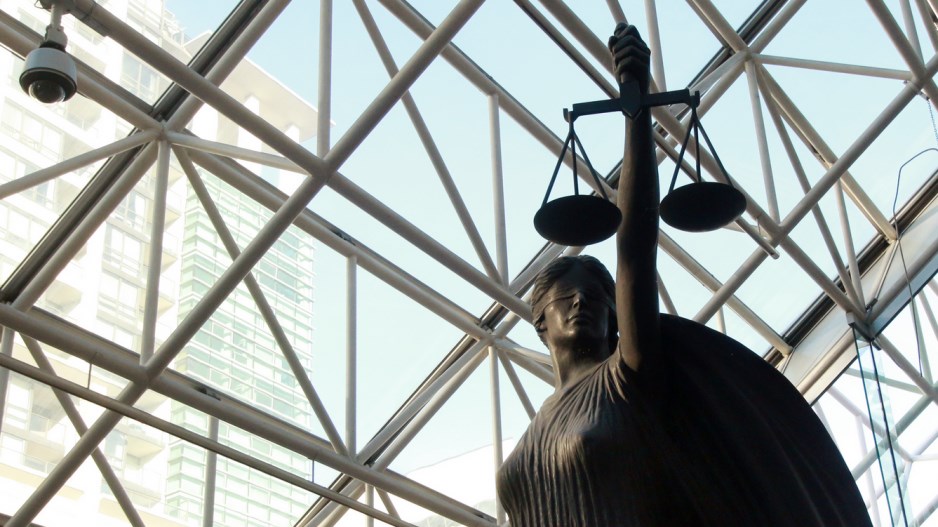The Law Society of BC is exploring options for non-lawyers to provide legal services, including designated paralegals, certain non-lawyer agents, and approved participants under the society’s "Innovation Sandbox".
However, allowing the alternatives is at the discretion of presiding judges and justices, who may prohibit a non-lawyer from representing clients in court if they find it inconsistent with the administration of justice.
Designated paralegals are those who supervising lawyers have deemed to have the knowledge and skills to appear as client representatives. Designated paralegals are not regulated by the society, explains the Provincial Court of BC’s website on practice direction.
Non-lawyer agents are another option, they appear in court as a representative on behalf of a litigant, but the practice direction’s definition of non-lawyer agents excludes certain groups in compliance with provincial and federal law.
These groups include native courtworkers, articled students, temporary articled students, or law students supervised by a practicing lawyer, and non-lawyer agents under the Court Agent Act.
Non-lawyer agents covered by the practice direction may only appear in court to seek an adjournment of a family, small claims, or summary conviction criminal matter, and only if they are supervised and employed by a lawyer, making the appearance for free, or are representing a defendant who is an organization.
The Law Society of B.C. has also set up what they call an “Innovation Sandbox”, allowing people not currently authorized to provide legal services to safely test new ways of providing services.
Non-lawyers can apply for a letter from the society to provide legal services, and those approved are a granted a “no-action” letter which states the society will not take legal action against them for practicing law without a license so long as they meet certain conditions.
You can find a list of approved participants here.



